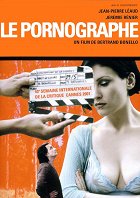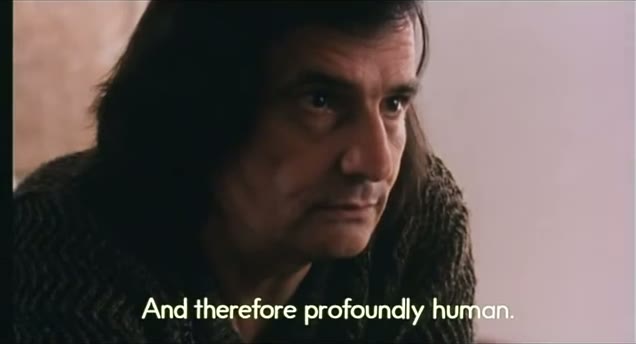Rendező:
Bertrand BonelloForgatókönyvíró:
Bertrand BonelloOperatőr:
Josée DeshaiesZeneszerző:
Bertrand BonelloSzereplők:
Jean-Pierre Léaud, Jérémie Renier, Dominique Blanc, Catherine Mouchet, Thibault de Montalembert, André Marcon, Laurent Lucas, Richaud Valls (több)Tartalmak(1)
Jacques Laurent a hetvenes években híres pornórendező volt, és évekkel később nehéz pénzügyi helyzetbe jutva vissza kell térnie elhagyott foglalkozásához. Arról álmodik, hogy egyszer képes lesz a szerelem romantikáját a pornográfia eszközeivel bemutatnia. Szakmai válságát magánéleti válság tetézi: munkáját a felesége éppúgy nem tudja elfogadni, ahogy a társadalom sem. 17 éves fia, Joseph, aki barátaival a forradalom lehetőségeit latolgatja, három évi távollét után felveszi a kapcsolatot apjával. Mindketten életük fordulópontján állnak: Jacques azt keresi, hogyan tudná méltóságban lezárni a pályáját, míg Joseph életcélt akar találni. (Titanic Nemzetközi Filmfesztivál)
(több)Recenziók (1)
"What kind of actresses do you prefer?" - "Beautiful girls with bourgeois manners, inaccessible to the working class and with the authenticity of a prostitute." This is not a confession of the director's casting preferences, but rather Bonello's description of all European art films produced by artistic "auteurs" since the 1960s. Those who carefully watch the end credits will come across Pasolini's quote: "History is the passion of sons who want to understand their fathers." Bonello's The Pornographer is a sprawling confession by Bonello about his own profession - but it is not pornography, it is the creation of authorial films - which undergoes a similar crisis: revolutionary character, social influence, youth and energy, along with the older generation of classics and the May 1968 movement, have long disappeared from artistic production, leaving only nostalgic, sad, and tiresome contemplation about the meaningfulness of one's own work, which probably no longer interests anyone. The involvement of Léaud is doubly fitting in this sense - the effort to understand his role from the perspective of his film son also means us understanding Léaud himself, who was 24 years old during the May events and played in films by Godard, Pasolini, Truffaut... /// Bonello's biggest problem lies in the form and once again, we are largely confronted with bloodless linear storytelling.
()

